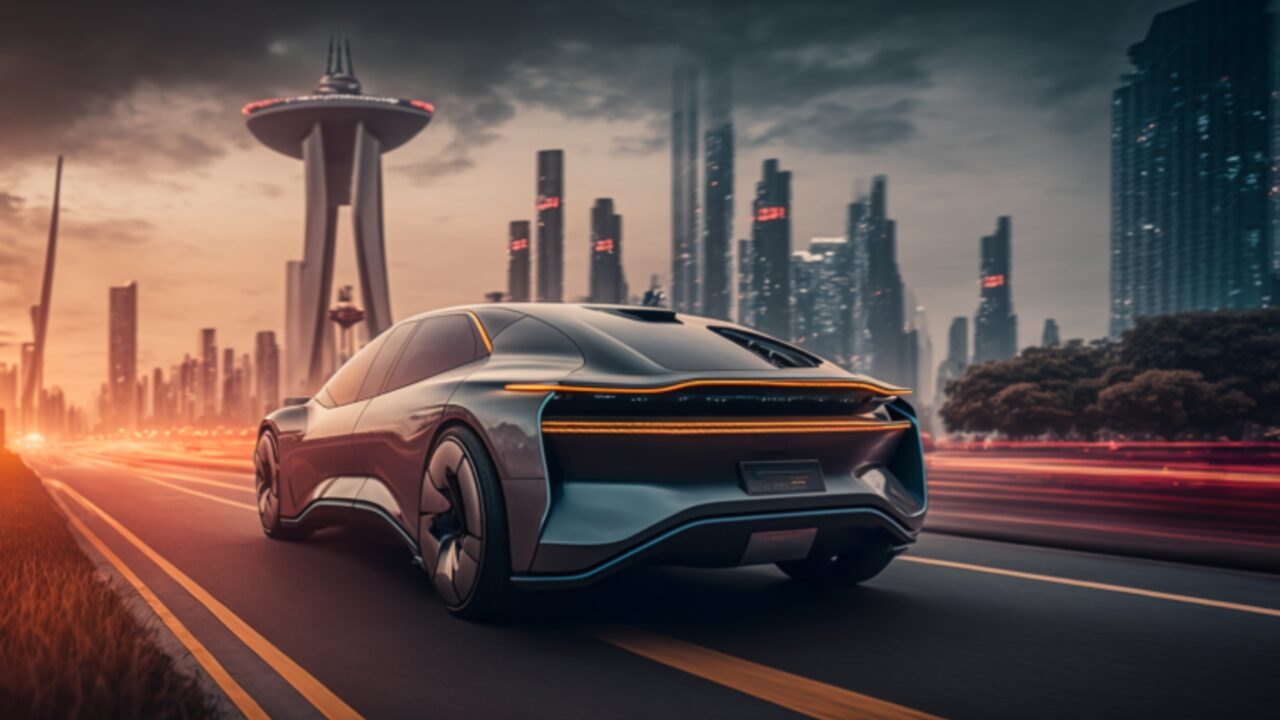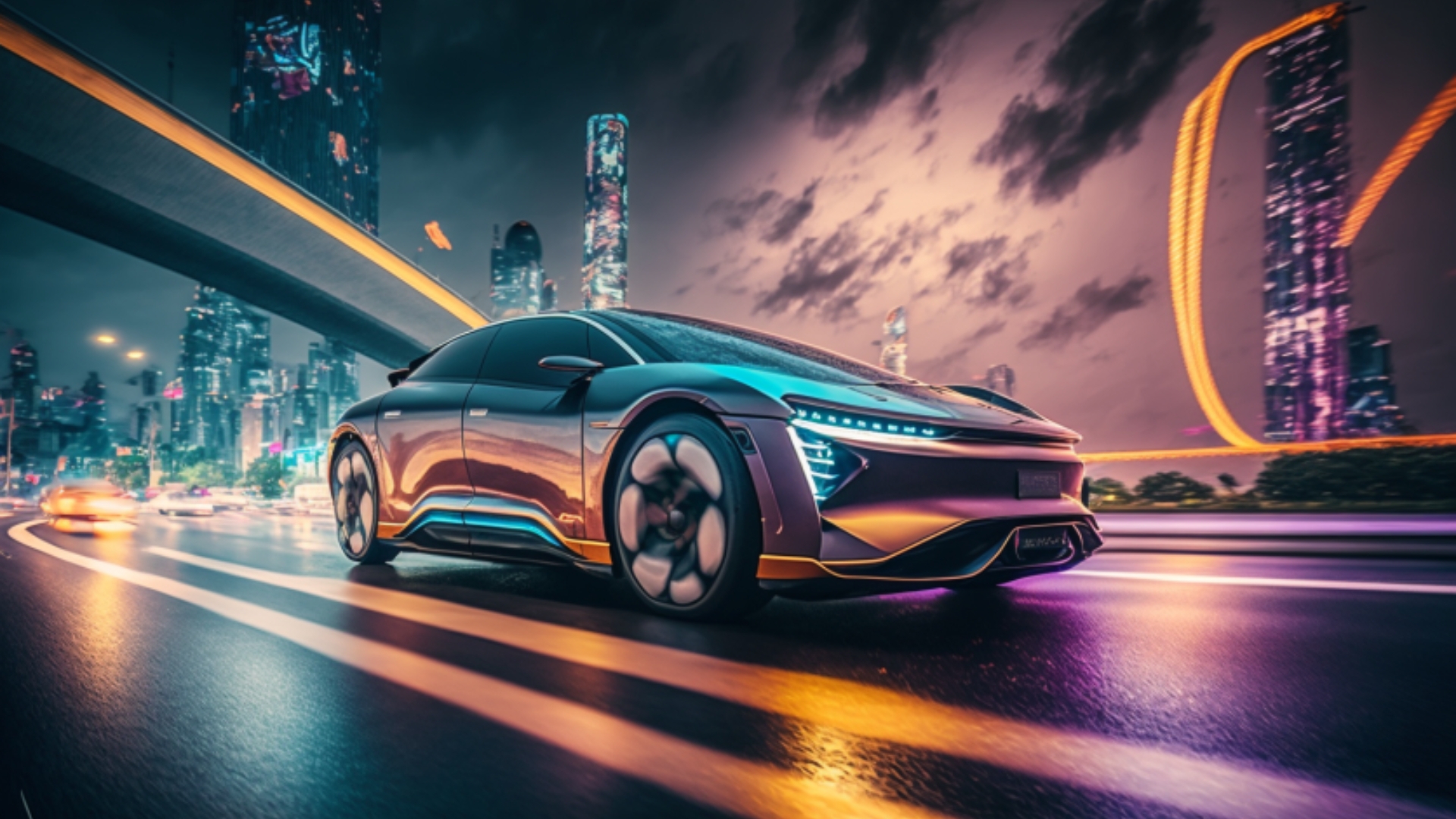China’s electric vehicle market has been growing rapidly. Find out how China has become the dominant force in EV sales and what it means for the global auto industry.
China has accelerated towards electric vehicle (EV) domination, and it’s not hard to see why. With a population of 1.4 billion and a strong government commitment to EV development, China is perfectly poised to take over the EV market worldwide. What’s more, China already holds the title of the world’s largest auto market, with over 30 million new vehicles sold each year.
The reasons
The Chinese government continues to push the adoption of EVs, and the country’s middle class is growing rapidly, fueling demand for these green machines. The government has played a pivotal role in providing generous subsidies and other incentives to promote the adoption of EVs, which has created a favourable environment for growth and innovation.
Chinese manufacturers have also been quick to adopt new technologies and trends in the industry, such as battery swapping and autonomous driving, allowing them to stay at the forefront of innovation.
Plus, in the global market, China’s EV manufacturers are benefitting from a significant cost advantage over their international competitors. The country’s vast manufacturing capabilities and lower labour costs provide an edge in pricing over their global rivals, so Chinese EV manufacturers can offer their vehicles at very competitive prices.
Another factor is, many Chinese automakers started out as suppliers of parts and components to foreign carmakers, and they have since developed their own brands and manufacturing capabilities.
This has allowed them to quickly ramp up the production of EVs and compete with established international brands. It is no surprise that China is already the world’s largest producer of EV batteries and Chinese companies such as CATL and BYD are already major suppliers to global automakers.

Notable Chinese EV manufacturers
You may not have heard of companies such as BYD, NIO, and Xpeng, but they are already gaining traction in Europe and other parts of the world under various guises. For example, BAIC produces electric cars, buses, and trucks and has partnerships with Daimler and Hyundai. Geely owns the Swedish car brand Volvo as well as its own EV brand called Geometry.
BYD
One of the most successful Chinese EV companies is BYD, which was founded in 1995 as a battery manufacturer and later expanded into vehicle production. BYD has been a leader in EV production, with a wide range of electric cars, buses, and trucks. It has a significant presence in the global market. it has also diversified into other areas such as energy storage and solar power.
BYD Auto’s flagship product is the BYD Tang, a mid-size plug-in hybrid SUV, which was the best-selling new energy vehicle in China in 2016. The company’s other popular models include the BYD e6, a pure-electric MPV, and the BYD Qin, a plug-in hybrid sedan.
In recent years, BYD has expanded its operations outside of China, with a focus on North America and Europe and has links with Toyota.
NIO
Another major Chinese EV company is NIO, which was founded in 2014 and has quickly become a major player in the industry. NIO is known for its high-performance electric vehicles, including the ES8, ES6, and EC6, which have received positive reviews for their design and features. NIO also offers innovative charging solutions, such as battery swapping stations, which allow drivers to quickly replace their car’s battery instead of waiting for it to recharge.
Xpeng
Xpeng is another Chinese EV manufacturer that has made significant strides in the market. The company offers two electric vehicles, the G3 SUV and the P7 sedan, both of which have been successful in China. Xpeng has also invested heavily in autonomous driving technology, and its vehicles offer advanced features such as self-parking and highway driving assistance.
Li Auto
Li Auto is a newer entrant into the Chinese EV market, but it has already made a significant impact. The company’s flagship model, the Li ONE, is a hybrid electric SUV that offers extended range thanks to its petrol engine. This unique design has made the Li ONE a popular choice among Chinese consumers, and the company has ambitious plans to expand its offerings.
SAIC Motors
SAIC Motor Corporation Limited is a state-owned Chinese automotive design and manufacturing company that was founded in 1955. SAIC’s electric vehicle lineup includes the MG ZS EV, a compact SUV, and the Roewe Ei5, a mid-size electric sedan. The company is also developing an electric version of the Maxus D90 SUV.
SAIC has established partnerships with a number of international automakers, including General Motors and Volkswagen. The company is also involved in the development of advanced driver-assistance systems (ADAS) and autonomous driving technology.

Great Wall Motors
Great Wall Motor Company Limited is a Chinese automobile manufacturer that was founded in 1984. In recent years, Great Wall Motor has also entered the electric vehicle market with the ORA brand, producing small electric vehicles that are designed for urban driving, including the ORA R1, a compact hatchback, and the ORA Good Cat, a small SUV.
Great Wall Motor has been expanding its operations with a focus on emerging markets in Southeast Asia and South America.
GAC Group
GAC Group, also known as Guangzhou Automobile Group Co. Ltd., is a state-owned Chinese automobile manufacturer that was founded in 1997. GAC’s electric vehicle lineup includes the Aion S, a mid-size electric sedan, and the Aion LX, a mid-size electric SUV.
GAC has established partnerships with a number of international automakers, including Toyota, Honda and FCA.
Geely
Geely Automobile Holdings Limited is a Chinese automobile manufacturer that was founded in 1986. The company is focused on producing passenger cars and commercial vehicles. Geely’s electric vehicle lineup includes the Geometry A, a mid-size electric sedan and the Lynk & Co 01, a mid-size electric SUV.
Geely has established partnerships with a number of international automakers, including Volvo and Daimler. The company is also involved in the development of autonomous driving technology and is working on self-driving cars.

Dominance
China’s dominance in EV production is also reflected in its share of the global EV market. According to the International Energy Agency (IEA), China accounted for 44% of global EV sales in 2020, with over 4.5 million EVs sold. This is more than three times the number of EVs sold in the United States, which is the second-largest EV market.
In the past two years, they’ve gone from selling 1.3 million to a huge 6.8 million electric vehicles per year, and 2022 saw them crowned as the EV kings of the world for the eighth year running! By comparison, the US managed to shift approximately 800,000 EVs whilst the UK sold just over 267,000.
All this goes to show that if you haven’t already heard of these manufacturers, you are very likely to in the coming years!
